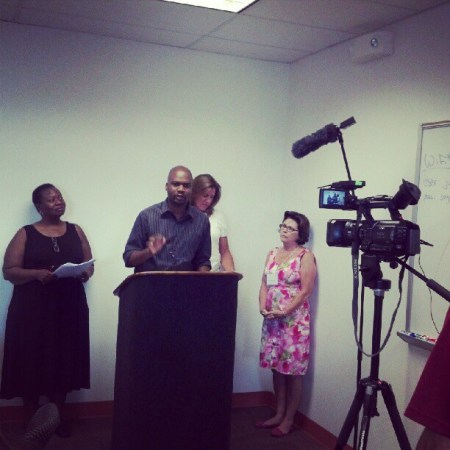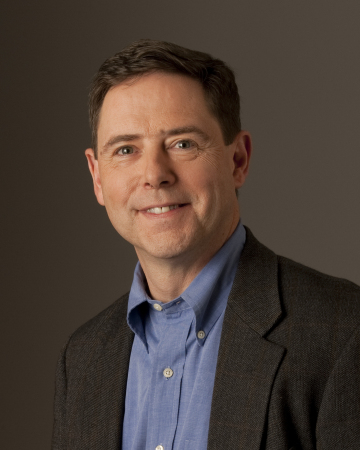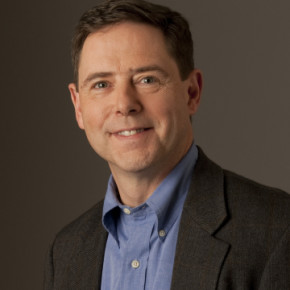Health Homes- an opportunity for transforming substance use services
Daliah Heller, PhD, MPH, joins the Center for Health Media and Policy (CHMP) at Hunter College this year as a Visiting Scholar.
I’m beginning to think Health Homes are one of the best-kept secrets in the Patient Protection and Affordable Care Act (ACA). I’ve spoken with a lot of health care providers lately, and few seem to know about this provision, and that it is not the same as a Medical Home, though could be part of one.
Health Homes are case management-type entities established by the state health authority to
serve Medicaid-eligible people with chronic health conditions. ACA includes substance use
disorders among the eligible conditions, alongside mental health conditions, asthma, diabetes,
heart disease, and being overweight. And for the record, the term ‘substance use disorder’ refers
to a spectrum of excessive or harmful alcohol or drug use.
Daliah Heller, PhD, MPH, joins the Center for Health Media and Policy (CHMP) at Hunter College this year as a Visiting Scholar.
I’m beginning to think Health Homes are one of the best-kept secrets in the Patient Protection and Affordable Care Act (ACA). I’ve spoken with a lot of health care providers lately, and few seem to know about this provision, and that it is not the same as a Medical Home, though could be part of one.
Health Homes are case management-type entities established by the state health authority to
serve Medicaid-eligible people with chronic health conditions. ACA includes substance use
disorders among the eligible conditions, alongside mental health conditions, asthma, diabetes,
heart disease, and being overweight. And for the record, the term ‘substance use disorder’ refers
to a spectrum of excessive or harmful alcohol or drug use.






